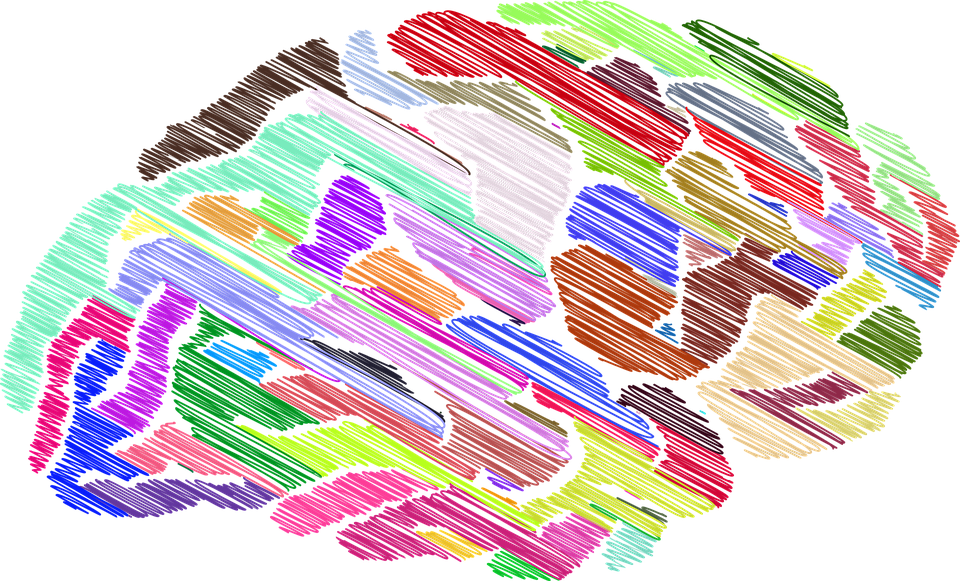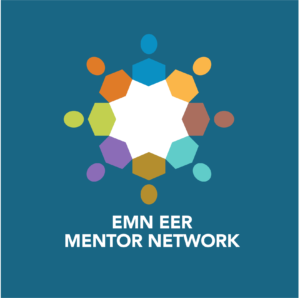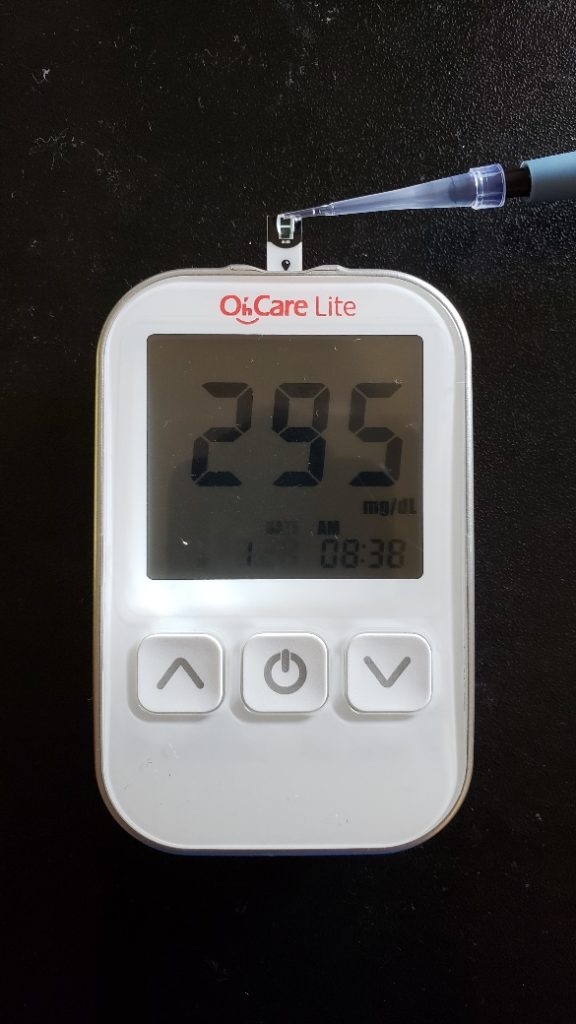Our work spans a variety of topics and approaches in engineering education research. Our team uses mixed research methods. These include interview studies, measurement development, classroom instruction research, and developing and evaluating workshops and training materials.
One of our favorite aspects of working in academia is collaborating with colleagues with expertise across numerous disciplines. If you are interested in collaborating, please contact us.
Engineering Student, Faculty, and Staff Mental Health and Wellness
Academia is experiencing what some have called a “mental health crisis.” Though culture and perceived norms have critical recruitment and retention implications, no research has examined the role of a high-stress culture, particularly for underrepresented students who may already face a “chilly climate” or “climate of intimidation.”
Our group studies the student experience in relation to mental health and works to develop proactive interventions to improve student well-being. Ultimately, our group’s goal is to create environments in which all students can thrive. This includes but is not limited to:
- Longitudinal studies of factors for student mental health
- Examining stress in engineering culture
- Graduate student mental health and wellness
- Faculty training and workshops
- Faculty mental health and wellness
- Undergraduate and graduate student workshops on wellness
- Community of practice supporting mental health and wellness
Projects relating to this topic include:
- Understanding Student Perceptions of Engineering Stress Culture
- Supporting Undergraduate Mental Health by Building a Culture of Wellness in Engineering
- Understanding graduate engineering student well-being for prediction of retention
Faculty Development in Engineering Education Research
Engineering faculty bring an important perspective to engineering education research, but are rarely formally trained in engineering education research methods. Our group studies how engineering faculty are best trained in engineering education research, with goals of expanding and diversifying the engineering education research community and bridging the gap between research and practice.
Activities and research topics include:
- Faculty mentoring
- NSF RIEF virtual Community of Practice
Related grants include:
- Building a Community of Mentors in Engineering Education Research Through Peer Review Training
- Developing Engineering Faculty as Engineering Education Researchers Through Mentorship
- Building Foundations for Engineering Faculty in Engineering Education Research
- An exploration of how faculty mentoring influences doctoral student psychological safety and the impact on work-related outcomes
Diversity, Equity, and Inclusion
One of our goals in studying ways to support a culture of wellness in engineering academia is to increase the inclusion of all people.
Additional activities and research topics that have furthered this include:
Related grants include: Gendered Elective Track Choices in Engineering Undergraduate Education: Antecedents and Career Path Implications and An exploration of how faculty mentoring influences doctoral student psychological safety and the impact on work-related outcomes
Biomedical Engineering Curriculum
Biomedical engineering is an interdisciplinary field that bridges several engineering and science disciplines. Our team works to develop innovative course materials for biomedical engineering curricula that train students for work in industry and academia.
We have developed, and continue to innovate, an entry-level laboratory course that provides students skills to work in the biotech industry.
This has included creating new labs, including interactive, remote access options for hands-on labs. Incorporating active learning in large classes, industry-inspired technical reports, and engagement with BEEC.
All work was made possible by the NSF, the University of Michigan, and the University of Illinois, Urbana-Champaign (IDEA, PITA, and the Faculty Retreat Grant).
If you would like to see a list of published conference papers, you are invited to view Karin Jensen’s PEER page.




